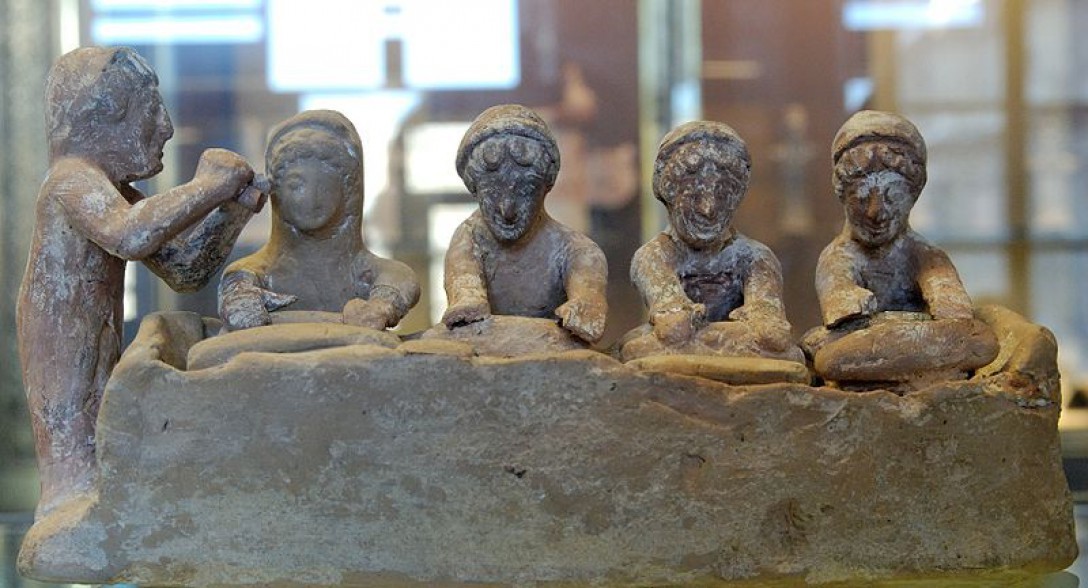In the mythologies of many early civilizations the universe was developed from a great egg. In Greek mythology, the black-winged night gave birth to a silver egg from which sprang eros, the gold – winked god of love. Being considered as source of life, symbolizing rebirth, it is not suprisining that the egg was also connected with springtime fertility rituals.
Tamra Andrews says: “Because eggs embody the essence of life, people from ancient times to the modern day have surrounded them with magical beliefs, endowing them with the power not only to create life but to prophesy the future. Eggs symbolize birth and are believed to ensure fertility. They aslo symbolize rebirth, and thus long life and even immortality. Eggs represent life in its various stages of development, encompassing the mystery and magic of creation….Early mythmakers viewed both the sun and the egg as the source of all life; the round, yellow yolk even symbolized the sun. Clearly, eggs had great symbolic potential… The concept of eggs as life symbols went hand in hand with the concept of eggs as emblems of immortality, and particularly the resurrection of Christ, who rose from a sealed tomb just as a bird breaks through an eggshell… The Jews traditionally serve eggs at Passover as a symbol of sacrifice and rebirth.” Tamra Andrews, Nectar and Ambrosia: An Encyclopedia of Food in World Mythology, [Santa Barbara CA] 2000 (p. 86-7).
The connection of egg with rebirth and enternal life made it symbol of Christ’s Ressurection. The red colour of Easter eggs links Jewish and Christian tradition. It reminds the lamb’s blood with which Jews, when they were slaves in Egypt, marked their houses, so the Angel of death saw and pass over them, and it signifies the blood of Christ. The cracking of the eggs was already known in Byzantium of 13th century. It symbolises the breaking of the tomb, but it is also a wish for a new, better life issuing from Christ’s Ressurection, although the owner of the last uncracked egg is considered very lucky. As many other traditions, the easter eggs are associated with pagan beliefs. The first easter egg was valued for its magical and healing powers. So it was kept near the icons of the family. These healing powers associate it not only with the Christianism but also with the sacred egg, symbol of the skilled in medicine Asclepius, son of God Apollo.
Greeks have one more custom that can be traced back to ancient times. During the evening of Saturday (Thrace) or after the liturgy of Resurrection (Peloponnesos) they place eggs on the graves of their beloved deceased. They adopted this practice from Romans – through Byzantines- who used to eat eggs during the funeral lunches. Copyright © 2007 historyofgreekfood.com


